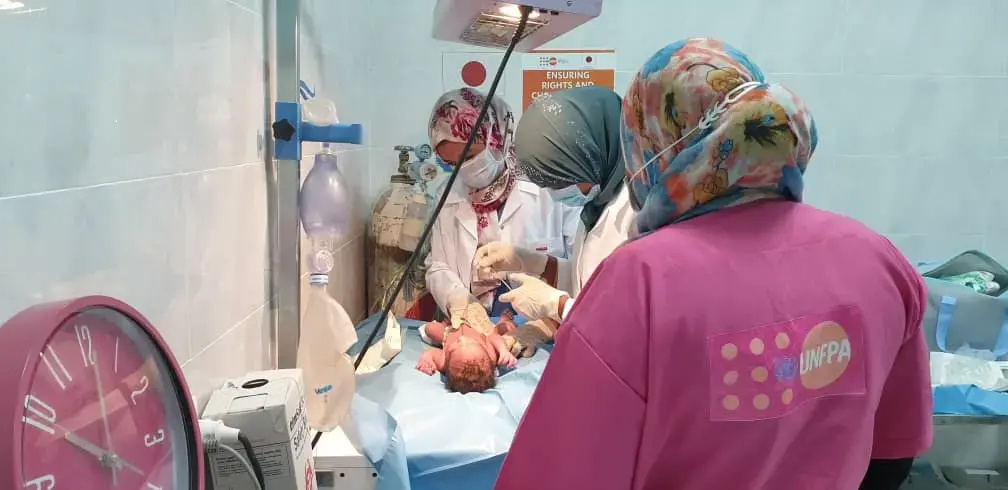Population and Development
UNFPA Lebanon has been supporting the Government and its National Statistical office in strengthening its data systems in support of policy, program development and access to sexual and reproductive health and women’s empowerment services.
In this regard, UNFPA supported the first national population survey in 1993 after the end of the Lebanese Civil War, and developed the first population ATLAS, the Population Policy, and undertook two national health surveys in 1994 and 2004. In the past two years, UNFPA Lebanon has assessed the capacities of the Central Administration of Statistics and put together a capacity development plan in collaboration with UNDP. UNFPA Lebanon has also conducted since 1993 over 50 surveys, research studies, assessments on various population-related issues.
Additionally, UNFPA Lebanon developed a national report on Sustainable Development Goal number 5 on Gender Equality and contributed to the rollout of the SDGs. The office works extensively on aging and older persons’ rights, by supporting the development of the National Strategy for Older Persons and the Quality standards for elderly institutions. Furthermore, the country office has been recently active in advocating the agenda of Persons with Disabilities by conducting a situation analysis of disability in Lebanon and will be supporting the development of a National Strategy for Persons with Disability along with its action plan. The mapping of the various national strategies in terms of SDG mainstreaming was very essential to assess gaps and priorities for reflecting those SDGs and related indicators.
At the national level, UNFPA Lebanon has consistently supported the State and its institutions to implement and monitor the ICPD PoA as well as provide guidance to the Government of Lebanon in developing its National Commitments related to the International Conference of Population and Development (ICPD), to accelerate the promise of achieving it.
UNFPA is co-chairing the Data and Statistics Working Group.


